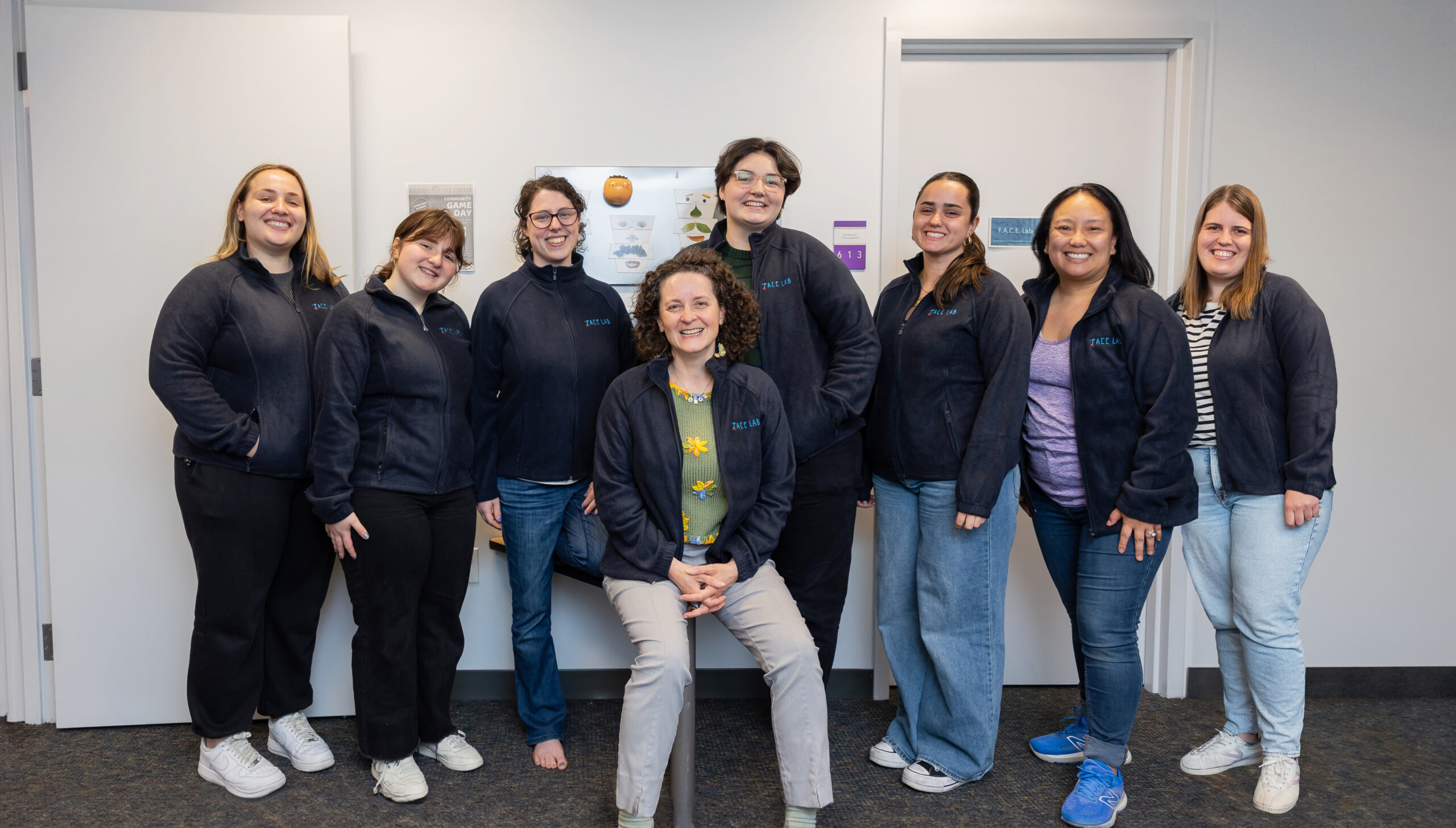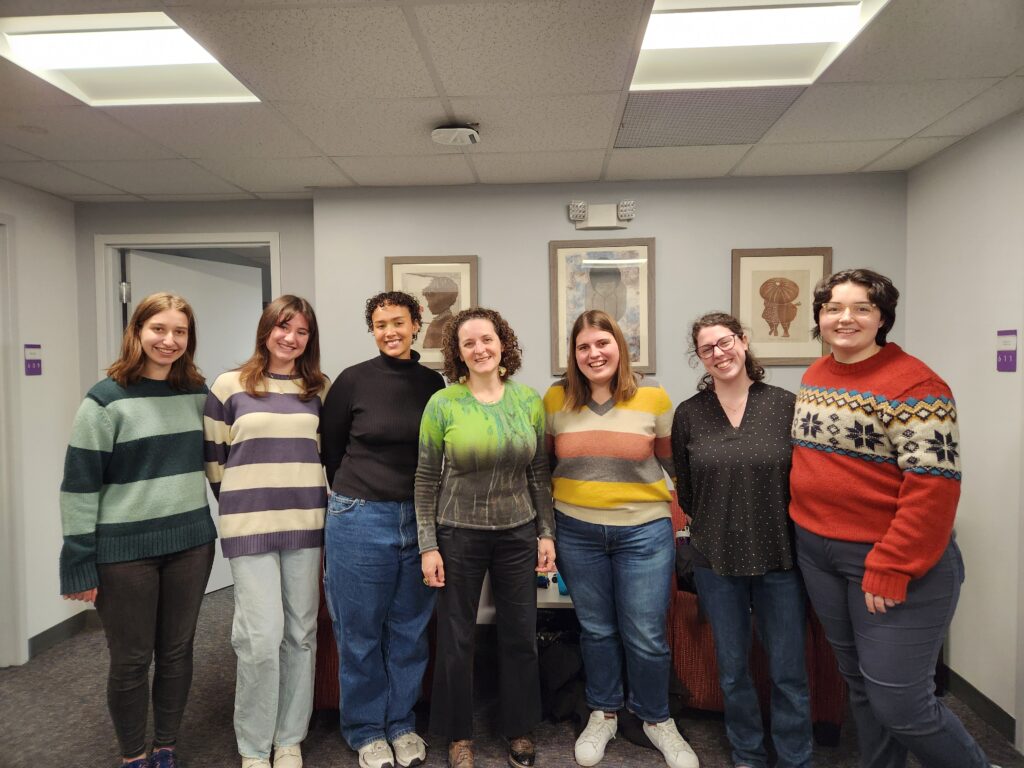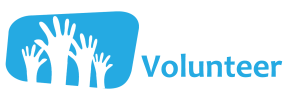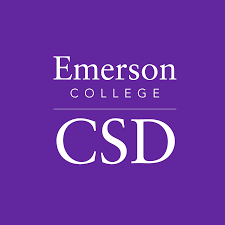Home
Welcome to the FACE Lab!
The FACE Lab stands for Facial Affective and Communicative Expressions.
The individual variability and communicative power of facial expressions when people meet each other face to face is enormous. So much of what we communicate to each other lies in the raising of an eyebrow, the tilting of a head; in the movements themselves as well as in the timing of the movements in relation to our spoken words. Human beings are primed to be social creatures and derive meaning from other people’s facial expressions and to assume we understand their mental and emotional state based on what we see on their faces. The range of what we perceive as falling within societal expectations is very wide: Some people have very expressive faces while others are very “flat” or “deadpan.” But we are quick to judge (within less than a second!) that somebody’s expressions are violating societal expectations, without being able to describe what movement patterns lead us to make those judgments.
Research at the FACE Lab is motivated by the recognition that our instincts to tie facial expressions to underlying mental states is not always accurate. Misunderstanding of non-verbal cues and communicative intent are a frequent occurrence when neurotypical and neurodivergent individuals share a conversation. Our work is aimed at understanding the underlying mechanisms of how we move our faces, how we align facial and verbal expressions, and how those verbal and non-verbal cues are perceived by others. We hope that gaining a better understanding of these mechanisms can lead to greater awareness and mutual understanding of these important social cues and greater inclusiveness in our social interactions.
Lab Director Ruth Grossman is a proud member of the Coalition of Autism Scientists, formed to “demand respect for autism research” in response to “remarks and actions taken by Robert F. Kennedy, Jr., Secretary of the U.S. Department of Health and Human Services (HHS) regarding the study of autism.” Learn about the facts behind recent claims about the causes of autism here.
Our team’s Mission:
- To engage in high quality, relevant, and ecologically valid research on social communication through respectful, honest, and open communication.
- To be in collaboration with and informed by the autism and autism research communities and remain accountable to all stakeholders.
- To respond flexibly to challenges in the research process and let the data, rather than our assumptions, drive the future direction of research.


Want to get involved?
Are you or your child interested in participating in our study?
Are you interested in becoming a volunteer?
Interested in participating in other research studies in the Department of Communication Sciences and Disorders at Emerson College?


